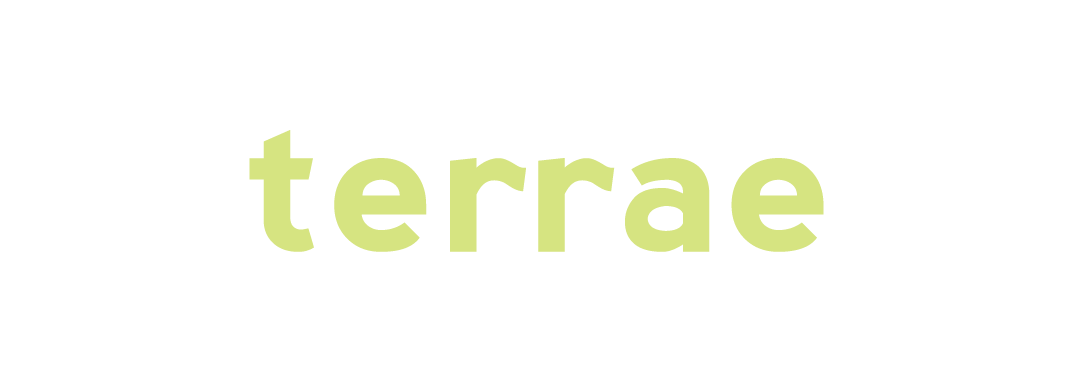Our Sustainability Impact - 1 Year On

Co-founders Azalea and Suan
Oh hey, we turn 1 today! Thanks for joining us on this journey — for every purchase, every tag, every review, every DM, our hearts do a little flip-flop in our chests (in the best possible way!). We are far from perfect, but we work hard to do the right thing. And while that isn't always easy, your acts of support and words of encouragement is what keeps us going.
It’s important to look back, not just to see how far we’ve come, but also to keep ourselves accountable to our mission. Here’s a breakdown of what we did in the last year and how we’ve made an impact, together.
Our Materials
Get to know our materials and see how they’re helping our planet:
Our Movement collection is made from 78% ECONYL® and 22% elastane. ECONYL® regenerated nylon is a 100% recycled fibre made from discarded fishing nets from the ocean, along with other waste like fabric scraps bound for landfill.
From your purchases of our Movement collection, we’ve managed to remove 66kg of fishing nets and other waste from our oceans, which is equivalent to 373kg of CO2 emissions avoided. That’s 373kg of CO2 that didn’t make it to the atmosphere — woohoo!
--
Our To Dye For Tees are made from 100% GOTS, OEKO-TEX® and OCS certified organic cotton. These certifications ensure that the production process is free of hazardous pesticides, safe for the farmers and their land, and produces up to 94% less greenhouse gas.
Organic fibres play multifaceted roles in creating an industry that actively lowers its environmental impact and prioritizes human health over short term profit. So thank you for buying our tees — ones that you can look good and feel good about.
--
Our Lounge Edit pieces are made from deadstock fabric sourced from around the world. We acknowledge that deadstock isn’t the most sustainable solution out there (since less production in the first place would mean less surplus), but it does have its merits. As a small brand, one of the biggest challenges we face when working with sustainable fabrics is large minimum order quantities (MOQs). Production equipment is very expensive to set up and run, which means that fabric mills prefer to only take on clients that can make them the most profit.
With deadstock, since the fabric already exists, it allows us to produce in low quantities and small production runs (no overproduction here!). Till date, we have diverted 139kg of deadstock from landfill, and it’s all thanks to you.
Our Manufacturing
Launching a brand during a pandemic is not something we could have ever prepared for. Our initial plans to visit our manufacturing partner overseas all went out the window as travel restrictions and lockdowns were enforced to contain the spread of Covid-19. Not being able to oversee the sampling and production process in person was definitely not ideal, but we did the best we could with the resources we had.
Through close and constant communication with our manufacturing partner in China, we know that our Movement garments are made under ethical conditions where the workers are paid fairly, and are provided company benefits such as pension, medical insurance, employment injury coverage etc. We plan to visit them once we’re allowed to travel again.
--
The 100% Global Organic Textile Standard (GOTS) certified organic cotton used to make our To Dye For Tees is grown in Bangladesh. In addition to meeting ecological requirements, the standard enforces strict social criteria. All factories are regularly inspected and certified to strict social criteria, meaning no forced labour and no child labour. Period.
--
Our Lounge Edit garments are assembled in our partner factory in Kuala Lumpur, Malaysia, where we live. This close proximity has not only allowed us to personally visit the site to ensure clean, safe, and fair working conditions, but it has also helped reduce our shipping distances, and consequently our carbon footprint.
--
Often left out of the conversation is packaging — because it’s not just the inside that counts. All of our packaging is either FSC™ certified, biodegradable or recyclable. Single use plastic? Never heard of it.
Thank YOU, #teamterrae.
We have ways to go and the journey ahead will be arduous, but we will keep pushing on, with your support.
